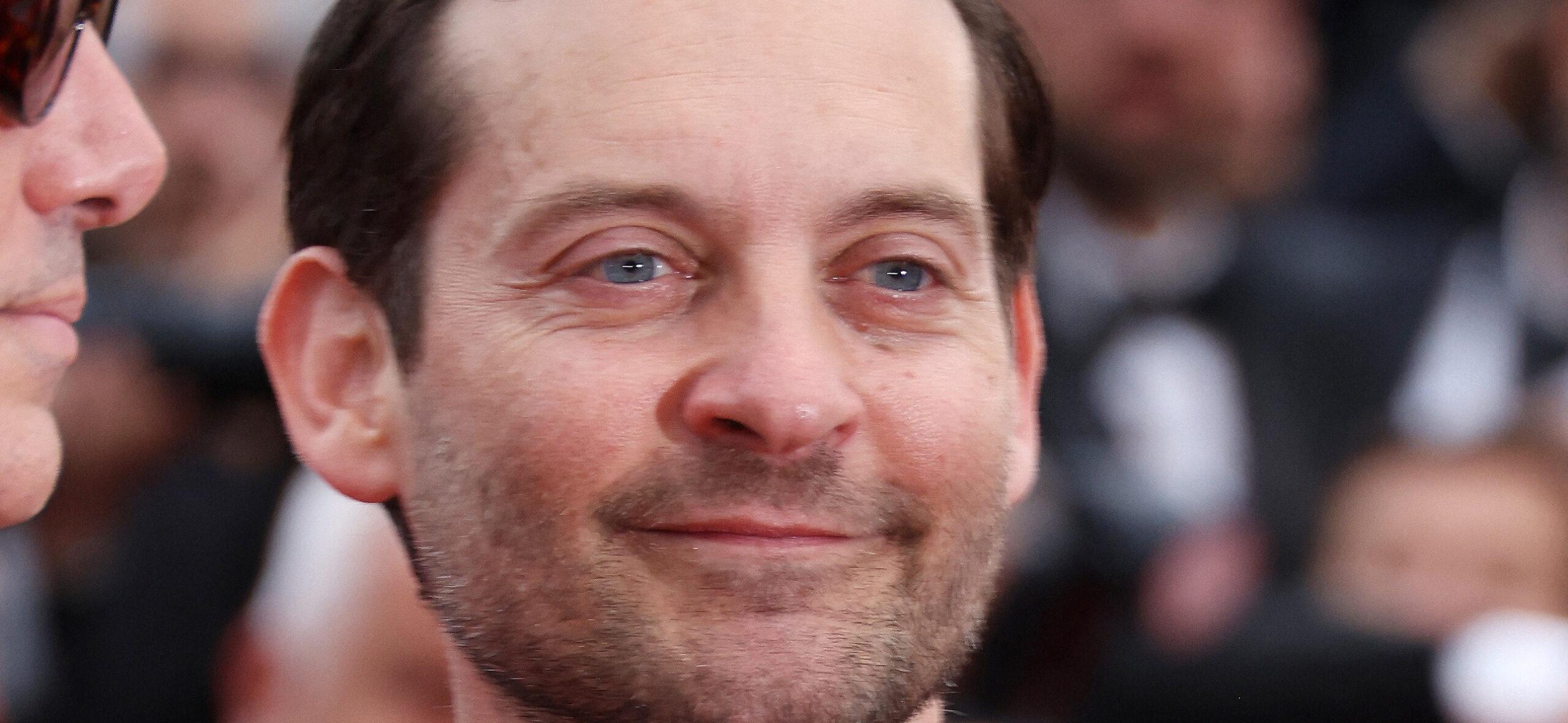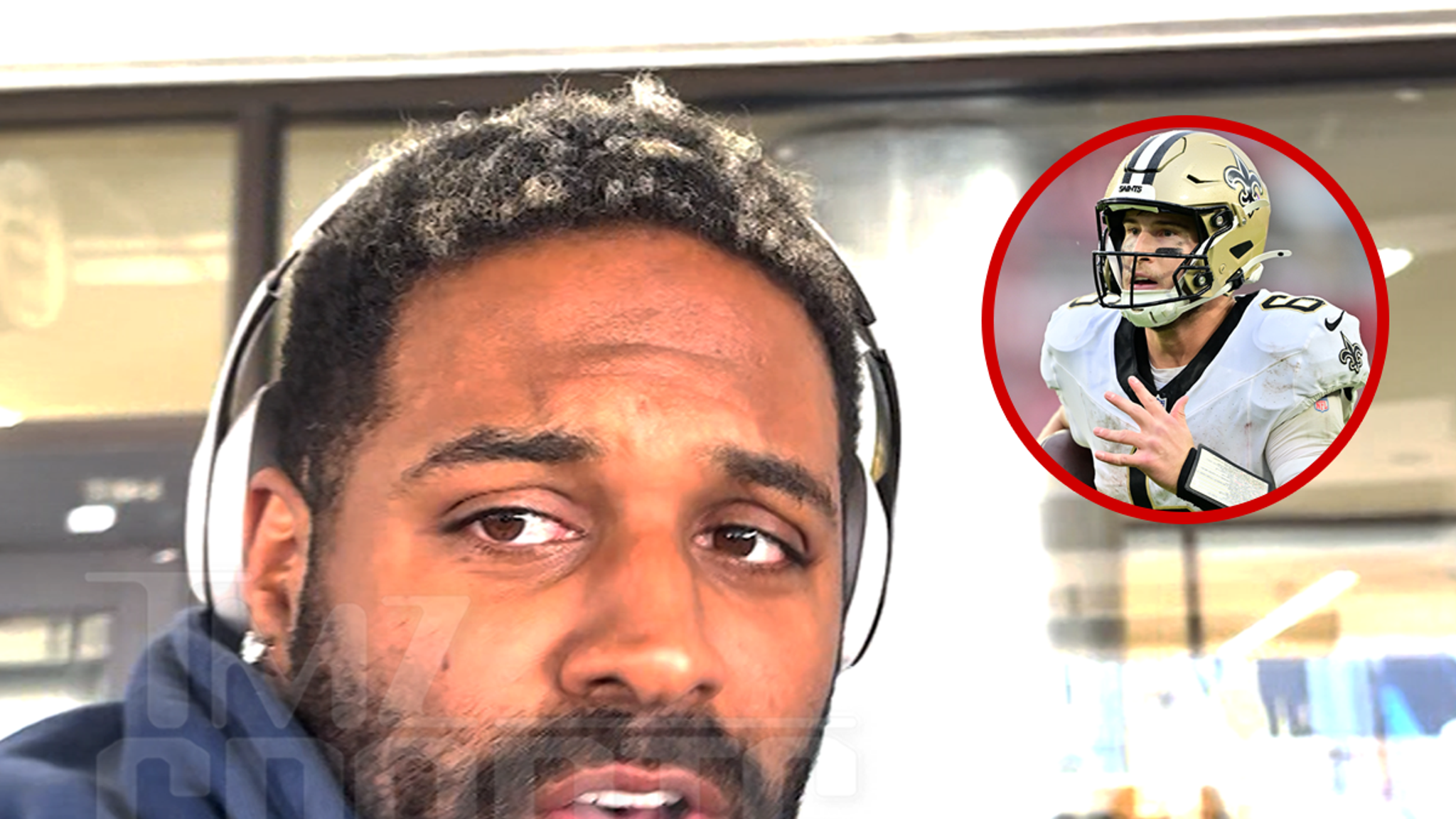HBCU SpringComing is officially BACK, and this year marks a major milestone, its 10th anniversary. Appropriately dubbed “TENure,” the 2025 edition promises to be the biggest yet, bringing the unforgettable energy of HBCU homecomings to three major cities across the country; Birmingham, AL; New York City, NY; and Los Angeles, CA.

Founded by HBCU grads Lauren Grove (Florida A&M University) and George A. Peters II (Morehouse College), HBCU SpringComing™ has grown from a spirited NYC reunion to a nationwide celebration of Black excellence, collegiate pride, and cultural connection.


Over the last decade, the festival has raised over $250,000 in scholarships, helping pave the way for future generations of leaders and strengthening the foundation of historically Black institutions.
The “TENure” Tour Line-Up kicked off in Birmingham, AL on April 4-5 where songstress Teedra Moses was spotted going viral for putting her “boots on the ground” during the School Daze aspect of Springcoming. It also included Sips & Sounds with Grammy-nominated R&B legend Carl Thomas and Tennis Daze, a sun-soaked collab with USTA.
According to the founders who are bringing SpringComing to NYC this weekend, what started as a post-church conversation between two cousins has blossomed into a love letter to the HBCU experience and a solution to a common dilemma.
“George and I are cousins—we like to call ourselves family by choice,” Grove told BOSSIP “He’s married to my cousin, and we really realized 10 years ago, after church that so many of us were going back for homecoming every year. But we were like, ‘Yo, what do people do if they went to like Alabama A&M or Texas Southern?’ It’s a little harder to get back for homecoming if you went a little further away.”
That simple realization sparked a cultural ripple effect.
“We could tell very early on that there was an appetite for something that really not only celebrated Black excellence in this way, but really just kind of celebrated joy—and the familiarity of, even though we all went to different schools, we had similar experiences.”
Each city mirrors the core elements of an HBCU homecoming weekend: game nights, alumni mixers, daytime yard experiences, and Sunday brunch recaps that help attendees piece together the weekend highlights.
“The weekend really is reminiscent of a typical homecoming weekend,” Grove told BOSSIP. “There’s a little Friday kickback, there’s a little Saturday on the yard, there’s a little after party to the yard and the game—kind of like a recap brunch, usually at the end of the day on Sundays, where everybody tries to remember what they did.”
When asked why SpringComing isn’t currently in the “expected” HBCU hotspots like Atlanta or D.C., Grove shared:
“If you live in Atlanta, you can go to anybody’s HBCU homecoming—everything’s there,” she said. “From our perspective, we wanted to do it in cities that had the capacity for a number of HBCU grads but maybe needed a little more help in bringing the culture together.”
“People ask us all the time—bring it to DC, bring it to Atlanta—but for us, it’s really about creating an atmosphere where it may be challenging for someone to feel what they feel during homecoming.”
With that in mind, Grove shared that SpringComing being held in a city like Birmingham is not just intentional, but logical.
“When the city of Birmingham came to us four years ago to start producing SpringComing there, our first thought was, what is the tie-in?” Grove said. “But Alabama has the highest number of HBCUs in the country—there are 14. And in this political climate, it was important to be in partnership with a city that’s run by an HBCU grad. Half the city council went to an HBCU—our vote has never been rejected.”
HBCU SpringComing co-founder George A. Peters II echoed that sentiment and noted no matter the location of SpringComing or the location of alumni’s respective schools, HBCU grads have commonalities that can’t be denied.
“The beautiful thing about HBCU Springcoming is that all these historically Black colleges and universities have a way to find each other… there’s this threaded underculture that we all share, and it’s excellence.”
And that excellence extends beyond social events.
Over the past decade, SpringComing has made an extraordinary financial impact providing scholarships that help sustain HBCU enrollment.
“That is the purpose of SpringComing,” said Grove. “If nothing else happens, we give out scholarships. Some years have been harder fundraising years than others, and we’ve had to come out of pocket for them. But we realize, especially in New York City, there are 50-something CUNYs and SUNYs.”
She adds,
“If you’re a student who graduates from high school in New York City, you have a lot of options that may not be an HBCU but are likely much cheaper… So if you see yourself in HBCU life and culture, and you want to go—any little bit helps.”
That “little bit” is now more than $500,000 that’s been awarded over the years, and with that comes a commitment to building community before students even arrive on campus.
“It’s important for us to not only recognize those students, but also embrace them as family before they even get to campus,” said Lauren. “Connect them with the Alumni Associations in their city… figure out if there are any other scholarships they can apply for, do they have any needs.”
Over SpringComing’s last ten years, one especially poignant moment that encapsulated the spirit of event was an unexpected visit from someone special.
“For me, my favorite moment was the word spreading so far that these kids and these scholarships were going to be given out… even on a day when it was supposed to rain and God loves HBCUs, so it didn’t—we had Spike Lee show up on his own,” George recalled. “Ot was absolutely beautiful. The sun came out. There were no clouds in the sky. And everybody was as delighted and excited. It was a perfect moment.”
SpringComing’s legacy, like the founders’ own journeys, is steeped in a tapestry of proud, personal HBCU memories.
Lauren beamed when talking about FAMU to BOSSIP.
“I knew the first time I stepped foot on FAMU’s campus in 10th grade that I wanted to be a Rattler. We had gone through a couple campuses and literally from the time I drove onto campus, I knew this was the school I wanted to attend.”
Beyond graduation and pledging Delta Sigma Theta Sorority, Inc., Lauren’s most enduring takeaway is the bond.
“There’s a connection that alumni have from HBCUs that I just think doesn’t happen at PWIs.”
George echoed that sentiment when speaking about his time at Morehouse.
“You talk about how many seats there are in King Chapel. They always say that Martin King always said there’s always room for one more, right?” he began “They have a ceremony called ‘Welcome to the House,’ where all the upperclassmen come and march in as they sing ‘I’m Building Me a Home’… and at the time you are not one, but you’re invited into it when you’re literally encircled by all of these capable, toned, audacious Black men who are inviting you into this space. This is home.”
And now, ten years later, that same energy of invitation, of belonging, and legacy-building reverberates through every corner of SpringComing.
See the HBCU SpringComing lineup below:
New York City, NY | April 11-13NYC is up next with three days of turn-up and nostalgia:Play No Games Game Night – a throwback to those epic student union nightsSchool Daze at Riverside Park – a community day full of music, vendors, and vibesA private screening event
Los Angeles, CA | May 2-4Details dropping soon!







